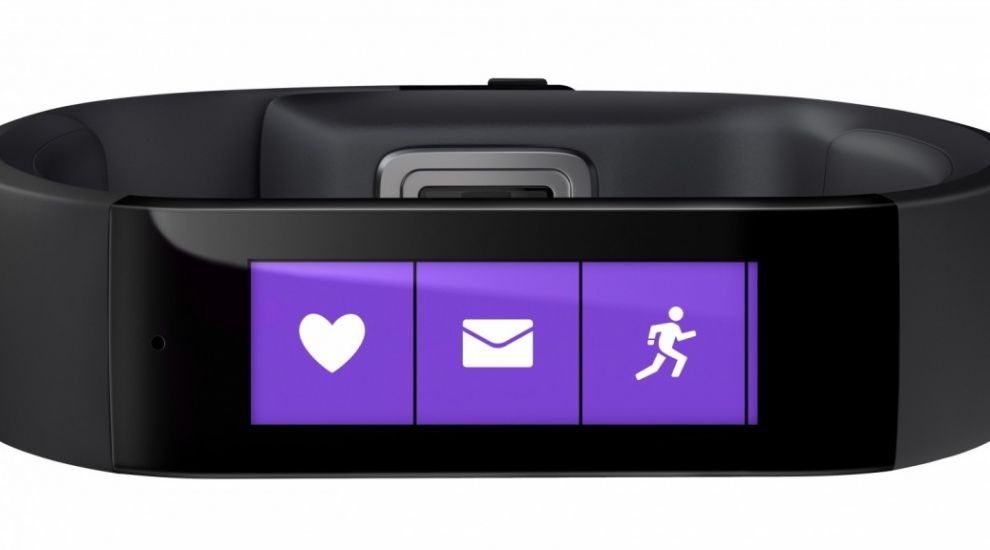
In quite a statement in the wearable arena, Microsoft has just jumped the queue and announced their Band fitness tracker will be on sale in the UK before the Apple Watch.
The Windows maker has announced that the Microsoft Band – a fitness band that comes with a small rectangular touchscreen for notifications – is now available to pre-order in the UK and will go on sale on April 15 – more than a week before the Apple Watch.

But should you consider it as a genuine alternative to the other wearables out there? Here’s the key facts about the latest smart device you’re going to be hearing about.
Perhaps the biggest thing for many will be the price. By the time you’ve ummed and ahhed for a few days over an Apple Watch once the pre-orders open, the Band will be on-sale – and at £169.99 it’s significantly less than even the most budget version of the Watch, which costs £299.

Though it’s a valid argument that the Watch has a broader ranger of features and can be used as a more in-depth communications tool, so far the biggest trend in wearable use has been for health and well-being purposes, and in that sense the two are relatively similar.
Handily, or maybe confusingly, both Apple and Microsoft now have native apps called Health, and the similarities don’t end there. Both are putting their own app front and centre in their wearable, and both serve as a central point for gathering and analysing all your fitness data – and this includes from other third-party apps like RunKeeper for example.

The aggregation tends to take place on your smartphone, which is connected to the wearable. As for the smart device themselves, both the Band and the Watch will track your heart rate, calories, and distance moved. The Apple Watch will also prompt you to stand up if you’ve been sitting for too long, while the Band tracks sleep too.
Both have an interface that you can customise and use to set personal goals and targets across different workouts too.
If you’re going to be wearing it, you really want to like the look of it. The Apple Watch has been part of a huge fashion accessory push by the Cupertino firm, and that is reflected (unsurprisingly) in how the Apple Watch looks and is being marketed. Nothing sums this up better than the 18-carat gold edition version of the Watch.

The Microsoft Band couldn’t look or feel more at the other end of the scale. The basic band and screen do look more fitness band than smartwatch. This is by no means a bad thing, but it won’t turn any heads if that’s the sort of thing that interests you.
Think you know which way you want to go? Hold on a second, there is actually another alternative. The new Pebble Time has been getting attention for the way it is hoovering up funding on crowd-sourcing site Kickstarter in recent weeks. 19 million dollars (£12.9 million) in less than a month shows how keen users are to snap up the new Time.

Why? For starters it is a smartwatch with an e-ink screen (similar to what you find on a Kindle), and that means a battery life of up to a week. The Apple Watch is expected to last around a day.
The Time is also compatible with both iOS and Android devices. And it happens to look a bit like the Apple Watch, and comes with the biggest app store for smartwatches around, with more than 6,000 apps and watchfaces – including plenty of health and fitness applications.
The most intriguing aspect of all this though is the Time’s price. Once the Kickstarter campaign is over, the Time will retail at $199. That is £135. Less than the Band and much less than the Watch.

Wearables as health and well-being enablers is one of the biggest trends of the moment, and if you decide to join it you may well find yourself using one of these devices.
Microsoft’s move to swoop in ahead of Apple is a sneaky one – and it shows the next big battle in tech is about to get into full swing. Microsoft Band, Android Wear and Apple Watch all want your wrist. The Pebble Time wants in too. At least we can’t say we’re short of options.